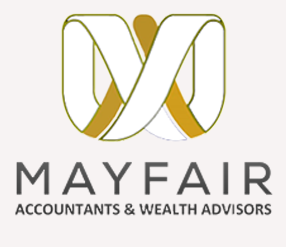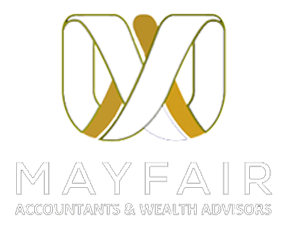Are you self-employed in the UK? If you are, you need to pay taxes at the right time to the HM Revenue & Customs (HMRC) to ensure you steer clear from penalties.
HMRC uses a system for collecting the income tax from you where tax is usually deducted from your wages, pensions or savings. This system is known as the self-assessment.
You will need to keep tax records for filing and completing self-assessment tax return. Such records include details of all your business income and outgoings, any purchases or sales of business assets, and employment income and tips if you have any.
It is your employer who will provide records of amounts you have been paid through PAYE and any taxable benefits. Thus, you can be able to ask such records from your employer.
Keeping records of all the expenses will also allow you to claim against taxes. This is why you need to keep records of expenses both the big and small ones.
If you have any other forms of income like pension income, state benefits, savings or investment income and property income, you need to keep tax records for all them. If you happen to purchase or sell any assets such as investments and property, you should also keep the details for working out and declaring any capital gains.
You must keep all those records for at least five years after the 31 January submission deadline of that tax year. In case if your tax return gets investigated by the HMRC, having such records becomes very essential and must be kept for more time until the investigation is completed.
If you are still unsure, you can consult tax accountants. Not only they can tell you what records you need to keep but also tell you which accounting software you need to use for keeping records.


